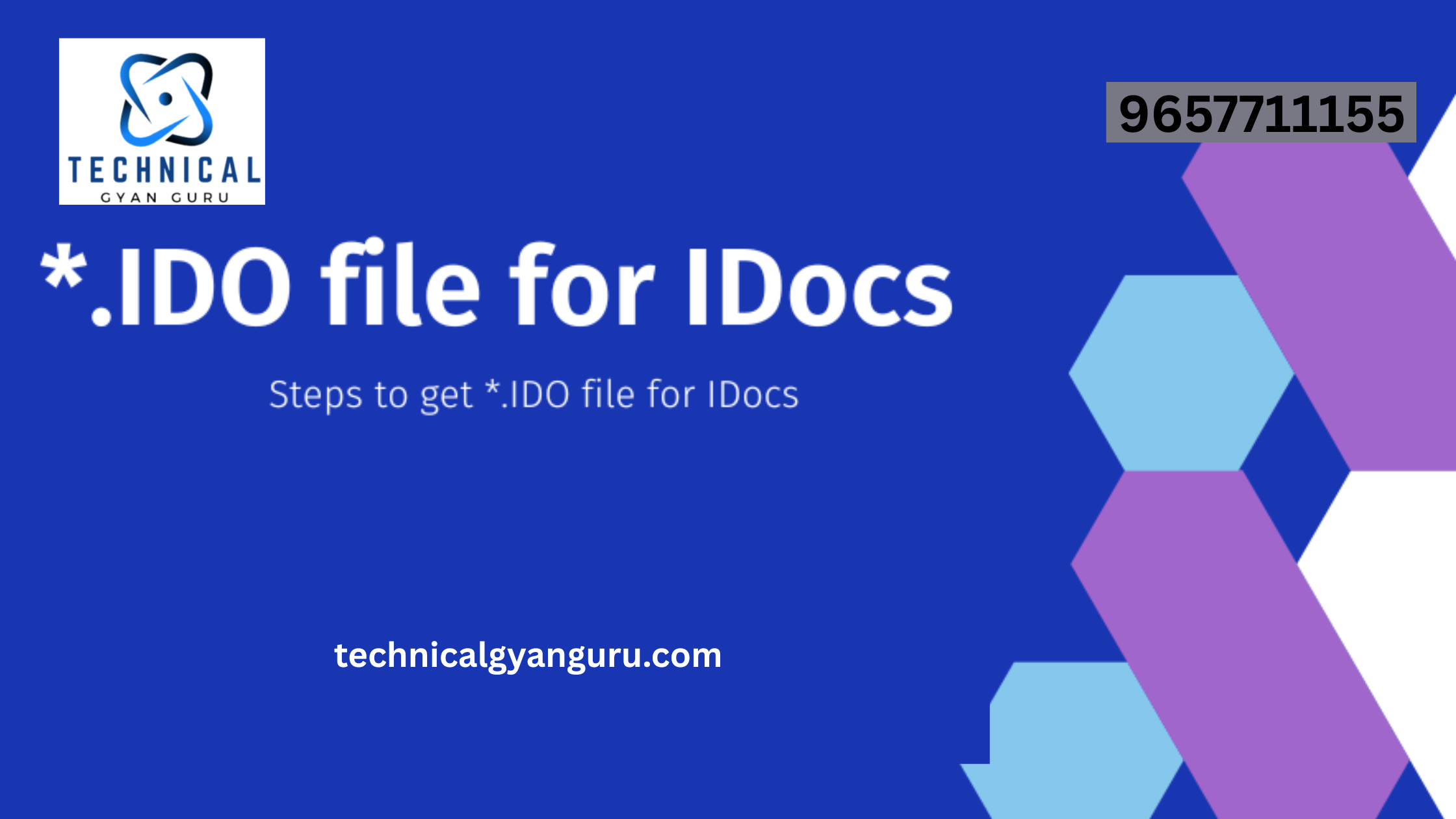Introduction: SAP BCP
SAP BCP: In the ever-evolving landscape of enterprise resource planning, effective financial planning and consolidation are indispensable for organizational success. SAP Business Planning and Consolidation (BPC) emerges as a dynamic solution, empowering businesses to transform their financial processes. In this blog, we’ll delve into the world of SAP BPC, exploring its key features, benefits, and its role in shaping the financial landscape of modern enterprises.
Understanding SAP BPC:
SAP BPC is an integrated planning and consolidation solution that enables organizations to streamline their financial processes, from budgeting and forecasting to financial consolidation and reporting. By combining robust functionality with a user-friendly interface, SAP BPC provides a comprehensive platform for financial professionals to make informed decisions and drive business performance.
Key Features of SAP BPC:
- Unified Planning and Consolidation: SAP BPC seamlessly integrates planning, budgeting, and forecasting with financial consolidation. This unified approach ensures consistency across financial processes, eliminating silos and fostering a holistic view of financial data.
- Flexible Modeling and Scenario Planning: BPC offers flexible data modeling capabilities, allowing organizations to adapt to changing business scenarios. With robust scenario planning tools, financial teams can simulate various scenarios and assess their impact on the organization’s financial performance.
- Real-Time Data Integration: In a fast-paced business environment, access to real-time data is crucial. SAP BPC integrates with SAP and non-SAP systems, providing users with up-to-date information for accurate decision-making.
- Powerful Reporting and Analytics: BPC delivers advanced reporting and analytics tools that enable users to create meaningful, visually appealing reports and dashboards. From financial statements to key performance indicators (KPIs), BPC empowers organizations to communicate financial insights effectively.
- Automated Consolidation Processes: Manual consolidation processes can be time-consuming and prone to errors. SAP BPC automates consolidation tasks, ensuring accuracy and efficiency in financial reporting. This is particularly valuable for organizations with complex financial structures.
- Collaborative Planning and Workflow: Collaboration is at the heart of SAP BPC. The solution facilitates collaborative planning, allowing multiple stakeholders to contribute to the planning process. Workflow capabilities ensure that planning and consolidation tasks follow a structured and auditable process.
Benefits of SAP BPC:
- Improved Accuracy and Efficiency: Automation of financial processes, especially consolidation, reduces the risk of errors and enhances the overall accuracy of financial reporting. This, in turn, leads to increased efficiency in financial operations.
- Enhanced Decision-Making: With real-time data access and powerful analytics, SAP BPC empowers organizations to make data-driven decisions. Finance teams can analyze trends, evaluate scenarios, and provide strategic insights to drive business performance.
- Streamlined Compliance: Meeting regulatory and compliance requirements is a critical aspect of financial management. SAP BPC helps organizations stay compliant by automating data validation, ensuring accuracy, and providing a transparent audit trail.
- Adaptability to Changing Business Conditions: The flexibility of SAP BPC allows organizations to adapt quickly to changing business conditions. Whether responding to market shifts or adjusting financial plans, BPC provides the agility needed for dynamic decision-making.
- Holistic Financial Management: By unifying planning, budgeting, and consolidation processes, SAP BPC enables organizations to manage their financial activities in a holistic manner. This integration fosters a cohesive approach to financial management across the organization.
Conclusion:
SAP Business Planning and Consolidation is a transformative solution that goes beyond traditional financial planning. It empowers organizations to navigate the complexities of financial management with agility, accuracy, and strategic insight. As businesses strive for excellence in financial processes, SAP BPC stands as a reliable ally, unleashing the power of financial intelligence and driving sustained success in the ever-changing business landscape.







